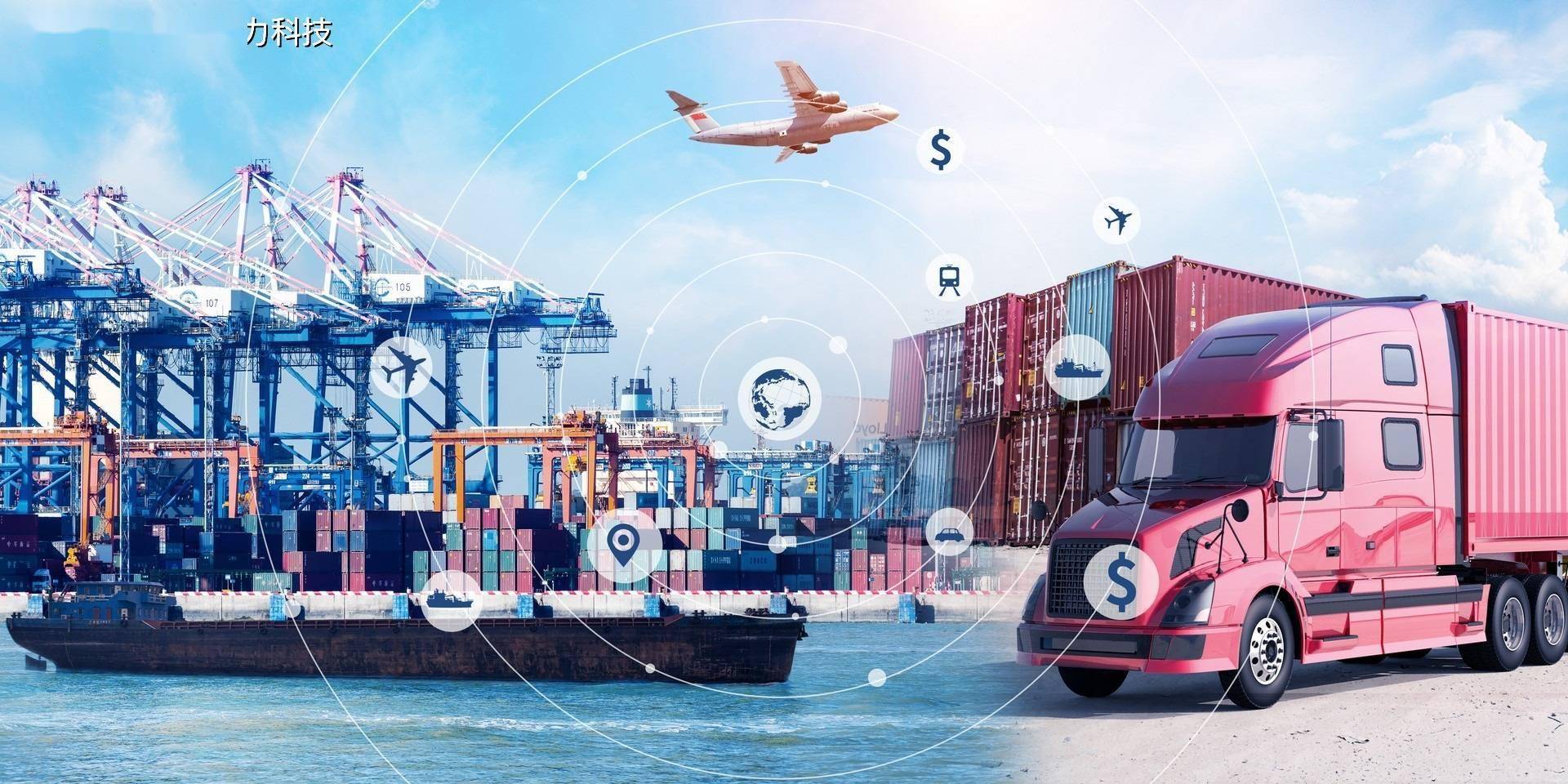The Central Economic Work Conference held at the end of last year proposed that we should accelerate the cultivation of new growth drivers for foreign trade, consolidate the basic market of foreign trade and foreign investment, and expand trade in intermediate goods, service trade, digital trade, and cross-border e-commerce exports. Digital trade, with data as a factor of production, digital services as the core, and digital ordering and delivery as the main feature, is booming. It will accelerate the integration and optimization of the global industrial chain, supply chain and value chain, and inject new momentum into the recovery of global economic growth.
China is the world's second largest digital economy after the United States, the domestic digital consumer market potential is large, digital technology application scenarios are rich, with a number of internationally competitive digital trade platforms, which provides a strong support for the development of China's digital trade, after years of development, China has become one of the most dynamic regions for the development of global digital trade.
From the perspective of cross-border e-commerce, in 2023, China's cross-border e-commerce imports and exports reached 2.38 trillion yuan, an increase of 15.6%, of which 1.83 trillion yuan exports, an increase of 19.6%, maintaining a rapid growth momentum, making an important contribution to the stability of foreign trade. Has a number of new cross-border e-commerce platforms such as AliExpress, SHEIN (Xiyin), Temu (Pinduoduo cross-border e-commerce platform). Driven by the demand for cross-border e-commerce, China's overseas warehouse, cross-border logistics, cross-border payment and other fields have also seen rapid development momentum, forming a systematic competitive ability to support China's cross-border e-commerce. At present, China's cross-border e-commerce trading partners have covered 220 countries and regions around the world, expanding from the traditional markets of Europe, the United States and Japan to emerging markets such as Southeast Asia, Africa, the Middle East and Latin America, accelerating the development of "Silk Road e-commerce", accelerating the construction of "Silk Road e-commerce" cooperation pilot zone, taking the lead in pilot international high-standard e-commerce rules, and exploring new models of mutually beneficial and win-win cooperation. Continue to provide new momentum for the development of cross-border e-commerce in China. With cross-border e-commerce as the guide, the digitalization level of the whole chain of trade in China has been continuously improved. In terms of trade big data marketing, the digitalization of trade documents, the digitalization of port and shipping services, and the digitalization of payment and settlement, the development has accelerated significantly, which has greatly improved the digitalization level of China's foreign trade enterprises, reduced trade costs, and improved trade efficiency. Compacted the competitiveness of our country's goods trade continuously.
From the perspective of digital service trade, in 2023, the scale of digital service trade (service trade that can be digitally delivered) reached 2,719.37 billion yuan, an increase of 8.5%. Among them, the export of digital services was 1,543.52 billion yuan, up by 9%, and the trade surplus was 367.67 billion yuan, an increase of 42.35 billion yuan year-on-year. Telecommunications, computer and information services and other business services accounted for a relatively high proportion, reaching 33% and 42% respectively. Trade in intellectual property royalties, software and information, service outsourcing, games and animation is relatively large. Short videos and short plays have become the new "blue ocean" of the global Internet. TikTok (a short video social platform owned by ByteDance), Kuaishou and other digital platforms have explored new cultural products driven by algorithms, user generation and efficient use of data based on their research and development experience in the domestic market, showing strong market competitiveness in the international market, and are especially favored by overseas "Generation Z" groups. In recent years, with the significant improvement of China's key core technology innovation capabilities, emerging technologies such as artificial intelligence, cloud computing, big data, and blockchain have accelerated innovation and application, and the related high-tech digital service trade has great potential for development.













